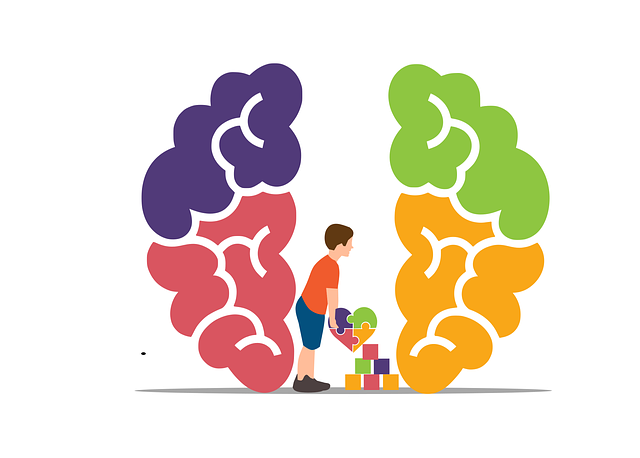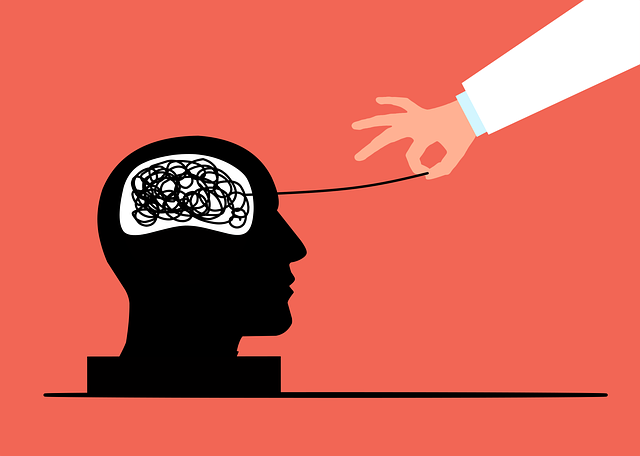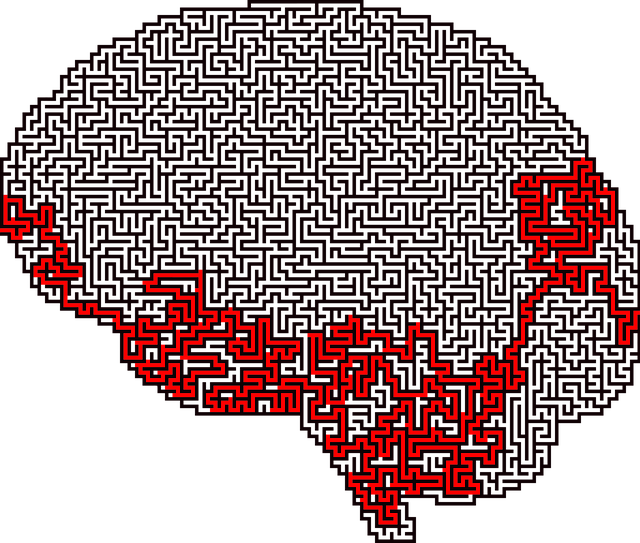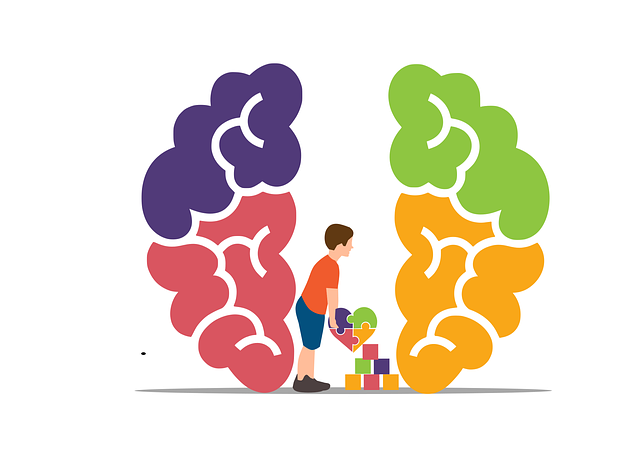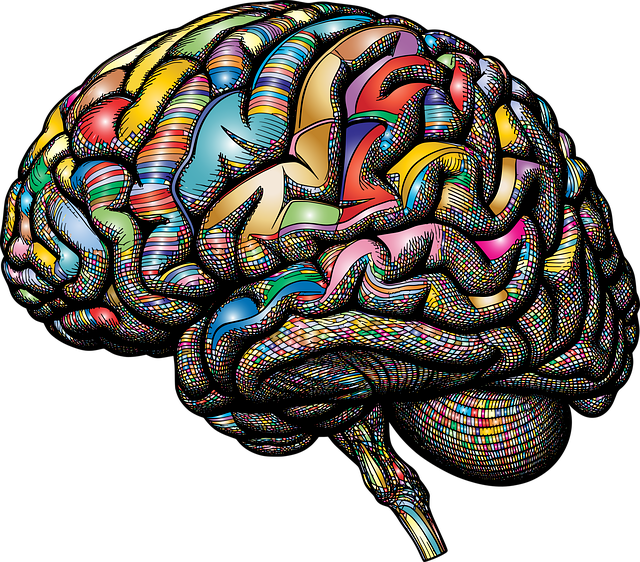In a rapidly changing world, rising mental health issues underscore the urgent need for comprehensive mental health education, particularly focusing on risk assessment, stress management, and early intervention. Arvada Psychosis Therapy advocates for integrating these strategies into educational curricula to empower individuals with tools to recognize warning signs and implement coping mechanisms. An effective program should include self-awareness exercises, communication strategies, and healthcare provider cultural competency training, fostering open dialogue and inclusive care. Implementing these initiatives requires a strategic, evidence-based approach within the Mental Health Education Programs Design framework, featuring public awareness campaigns, early intervention, and tailored support systems, while continuous improvement is ensured through feedback and evaluation methods.
In today’s fast-paced world, mental health education is more crucial than ever. This article explores the design of comprehensive programs, focusing on Arvada Psychosis Therapy, to address a growing need for widespread awareness and understanding. We delve into the key components that make an effective program, from identifying learning objectives to implementing successful interventions. By examining real-world examples like Arvada Psychosis Therapy initiatives, we provide valuable insights for creating impactful mental health education programs.
- Understanding the Need for Comprehensive Mental Health Education
- Key Components of an Effective Program Design
- Implementing and Evaluating Arvada Psychosis Therapy Programs
Understanding the Need for Comprehensive Mental Health Education

In today’s fast-paced world, mental health issues have become increasingly prevalent, affecting individuals across all demographics. This heightened awareness underscores the urgent need for comprehensive mental health education. Programs designed to equip individuals with knowledge and skills in mood management, stress management, and risk assessment are pivotal. By integrating these strategies into educational curricula, we empower people to recognize early warning signs and implement effective coping mechanisms.
Arvada Psychosis Therapy, a leading provider of mental health services, emphasizes the importance of such education for both laypeople and mental health professionals. Effective risk management planning is not merely an option; it’s a necessity. Comprehensive programs that delve into these aspects foster a culture of mental well-being, enabling individuals to navigate life’s challenges with resilience and prompting early intervention in cases of emerging psychosis.
Key Components of an Effective Program Design

An effective mental health education program design for Arvada Psychosis Therapy should incorporate several key components to ensure comprehensive and impactful learning. Firstly, Self-Awareness Exercises are vital to help individuals recognize their thoughts, emotions, and behaviors. These exercises can range from mindfulness practices to reflective journaling, enabling participants to gain insights into their mental health status and triggers.
Additionally, Communication Strategies play a crucial role in promoting understanding and support within communities. Training should include effective listening, active communication, and conflict resolution techniques, fostering environments where individuals feel comfortable discussing mental health openly. Equally important is Healthcare Provider Cultural Competency Training, which equips professionals with the knowledge and skills to address diverse populations’ unique mental health needs, ensuring inclusive and respectful care in Arvada Psychosis Therapy settings.
Implementing and Evaluating Arvada Psychosis Therapy Programs

Implementing Arvada Psychosis Therapy programs requires a strategic approach within the framework of Mental Health Education Programs Design. These initiatives aim to foster public awareness campaigns development, emphasizing early intervention and support systems for individuals experiencing psychosis. By integrating evidence-based practices, these programs can enhance confidence boosting strategies, ensuring participants receive comprehensive care tailored to their unique needs.
Effective evaluation methods are crucial for measuring the success of Arvada Psychosis Therapy. Assessing participant outcomes, engagement rates, and satisfaction levels provides valuable insights into the program’s impact. Regular feedback mechanisms and follow-up sessions enable continuous improvement, aligning with the dynamic nature of mental health education and ensuring programs remain relevant and impactful in addressing psychosis-related concerns within the community.
Mental health education programs, such as Arvada Psychosis Therapy initiatives, are essential tools for fostering well-being and resilience. By incorporating comprehensive curriculum that addresses stigma, self-care, and early intervention strategies, we can empower individuals to navigate their mental health journeys effectively. Evaluating these programs is crucial to ensure their impact and make necessary adjustments, ultimately improving community mental health outcomes.
